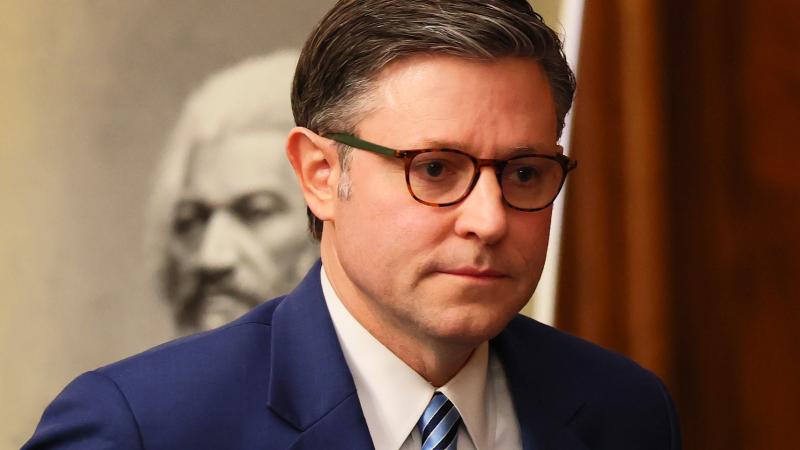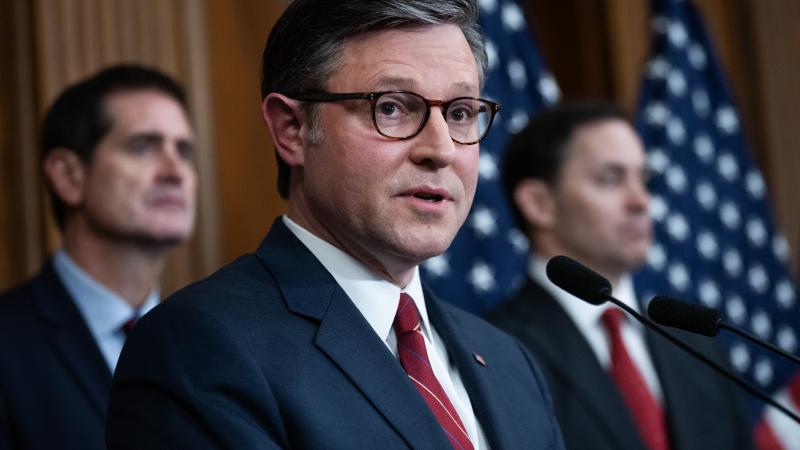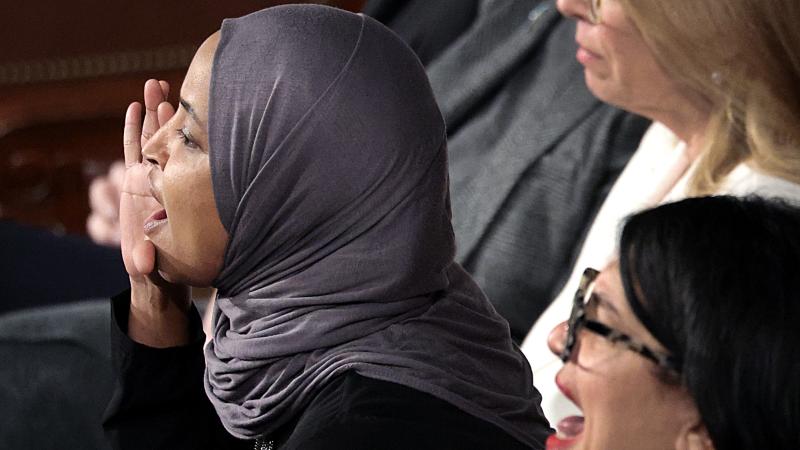Biden ends Senate GOP infrastructure talks led by Capito, enters negotiations with bipartisan group
Shortly after the Biden-Capito talks collapsed, the 10 senators in the new, bipartisan group talked on Capitol Hill for several hours.
President Biden on Tuesday night ended talks with GOP Sen. Shelley Moore Capito on his trillion-dollar infrastructure package and started new negotiations with a group of 10 other senators in another attempt to strike a bipartisan deal.
Biden ended talks with Capito, the West Virginia Republican who was the lead negotiator for a small group of GOP senators, after they spoke briefly.
Shortly after the Biden-Capito talks collapsed, the 10 senators – five Republicans and five Democrats – huddled over pizza and talked for about three hours, according to the Associated Press.
Their key issues included what will be in the infrastructure package and how to pay for it.
The group includes GOP Sens. Bill Cassidy, of Louisiana; Rob Portman, of Ohio; Mitt Romney, of Utah; Susan Collins, of Maine, and centrist Democratic Sens. Joe Manchin, of West Virginia, and Kyrsten Sinema, of Arizona.
Cassidy was reportedly among those getting a phone call from Biden, as he departed for an official overseas trip to participate in the G-7 Summit in England, then a face-to-face meeting in Geneva with Russian President Vladimir Putin.
The breakdown between the White House and the group led by Capito, after weeks of negotiations, was largely over the scope of Biden’s infrastructure investment and how to pay for it.
The Republican senators offered a $928 billion proposal, which included about $330 billion in new spending. The offer was not as much as Biden’s $1.7 trillion investment proposal for rebuilding the nation’s roads, bridges, highways and other infrastructure, including Veterans Affairs hospitals and care centers, the Associated Press also reports.
The Capito group rejected the Biden proposal to increase the corporate tax rate from 21% to 28% to pay for the spending. The White House rejected the GOP senators’ suggestion of tapping unspent COVID-19 aid money to fund the new infrastructure spending, the wire service also reports.















